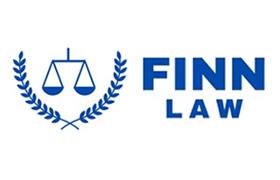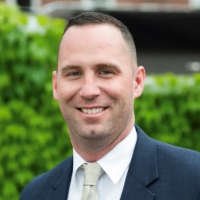Delmar Misdemeanor Lawyer, New York, page 4
Sponsored Law Firm
-
 x
x

Click For More Info:
-
Finn Law Offices
12 Sheridan Ave. Albany, NY 12207» view mapAccident & Injury and Criminal Defense Action-Oriented Legal Advocacy
At Finn Law Offices, our attorney relies upon his experience and dedication to protect your rights in a personal injury, employment law, criminal defense or civil rights case.
800-872-6030
Not enough matches for Delmar Misdemeanor lawyer.
Below are all Delmar Criminal lawyers.
Elena C. Vaida
Real Estate, Traffic, Family Law, Criminal, Accident & Injury
Status: In Good Standing Licensed: 45 Years
Lowell R. Siegel
Employment, Criminal, Federal Appellate Practice, Family Law
Status: In Good Standing Licensed: 37 Years
Thomas Charles Nicotera
Real Estate, Traffic, Litigation, Criminal
Status: In Good Standing Licensed: 41 Years
 Ryan M. Finn Albany, NY
Ryan M. Finn Albany, NY AboutFinn Law Offices
AboutFinn Law Offices
